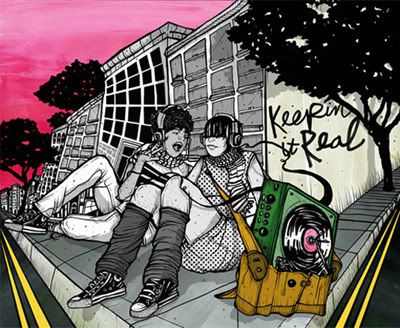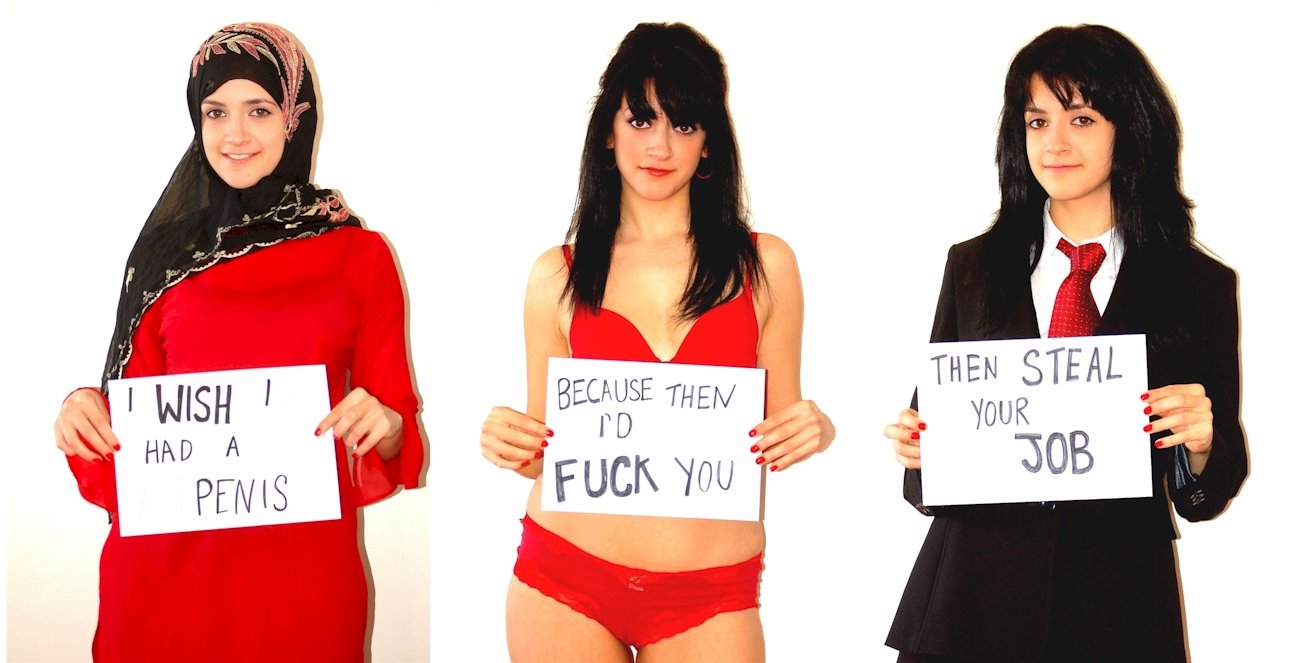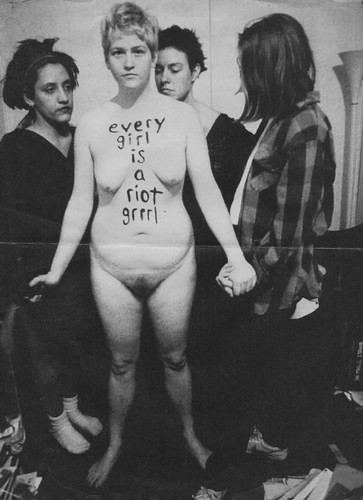I wrote this in December after being extremely frustrated by the ignorance of the green movement. First, it doesn't analyze any power/oppression dynamics (race, gender, LGBTQ, class, ableism, etc) and second, it is all bullshit. There is no real alternative, it's all fake - like, shutting down coal plants while continuing to consume and drive. So the following are questions, thoughts, and concerns I have.
As a vegan, bicycle commuter, student, and environmentally conscious individual, I consider myself aware of the destruction posed by pollution, energy, cars, consumerism, capitalism, and so on. These are reasons that I chose a vegan diet, commute by bicycle, reuse products, create some of my own clothes, take the bus, make my own soaps and cleaning products, garden, share, and shop at thrift stores.
However, I am confused about some of the mainstream environmental movements. Are we looking for "clean" and "alternative" energies so we can continue to live the lives we live now? So we can continue to drive to places where most able-bodied people could walk or bike? Continue to endlessly consume what we really do not need? Continue to be completely unaware of our own choices and the impact those choices may have on our environment?
I am a mother, as well, and a potential environmental collapse horrifies me in that context. Are my daughter and children her age going to have the same access to things that I have now when they are my age? Probably not, especially if we continue to live the lives we live.
A huge part missing in most mainstream environmental movements is a sense of self-examination. I am just as guilty. I still participate in consumerism, buying stuff I do not really need. However, this is why I made the choices I mentioned in the first paragraph. Let's look at the huge implications of our everyday purchases and choices.
For example, where did this organic orange come from? Of course, it's organic - but was it grown in North Dakota? No. How much energy was put into transporting it to the store where I purchased it? How much energy did I use getting to the store? Did I drive? How much energy was used to organically grow it? How were the workers treated? Just because something is labeled as "organic" or "fair-trade" does not mean it is completely free of any type of pollution or mistreatment of workers.
How about recycling? How much energy goes into recycling? I still recycle, however, I still keep in mind that energy is used to recycle and that it is not the only "earth saver."
What about eating meat? Animals are treated now as commodities, not beings. They are raised strictly for slaughter for the First World countries to eat. What about the grain that is grown for these animals? Or the water used?
How about the shirts I see at so many stores that say things like, "green is the new black"? Look at the label - was it made in the United States? It was probably made in India under extremely poor working conditions, possibly by children. It probably required a ton of energy for transporting it to the store for purchase. If it was made in the United States, were the workers given health insurance and a decent pay? What is the point of wearing a shirt that says that anyway?
I live near campus. My daughter and I bike or walk to her school and then I bike, walk or bus to my campus. I see people who live closer to the campus than us who are driving and sometimes I get to my destination faster on my bicycle. I walk home in the winter sometimes, too.
I understand the comforts we all have grown up with. It is so easy for me to drive somewhere that is 8 blocks away. Or to leave lights on in my apartment. Or take a 30-minute shower. However these choices have huge implications on the planet and the population of it. We can continue to look for alternative energies, but let's not forget our individual choices and the implications they have. Many of us can make better choices for the future by looking at ourselves. We do not need to buy into advertisements that claim our lives will be better by having a "more improved" product. The things I have work just fine, even if they are a few years old.
If environmental groups are going to continue to look for new alternatives and pressure our leaders to "do something" so we can continue this over-consumed, unsustainable way of living, then what is the point? If we want to take this seriously, part of helping the planet is to look for another, sustainable way of living for everyone and everything.
Looking at ourselves and our personal choices and the ways we live is a part of that. We need to stop being huge consumers and realize that that's not something we ought to be aiming for. We need to change completely.
Subscribe to:
Post Comments (Atom)








































No comments:
Post a Comment